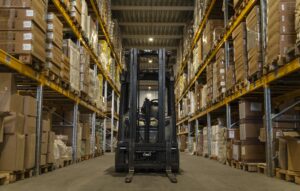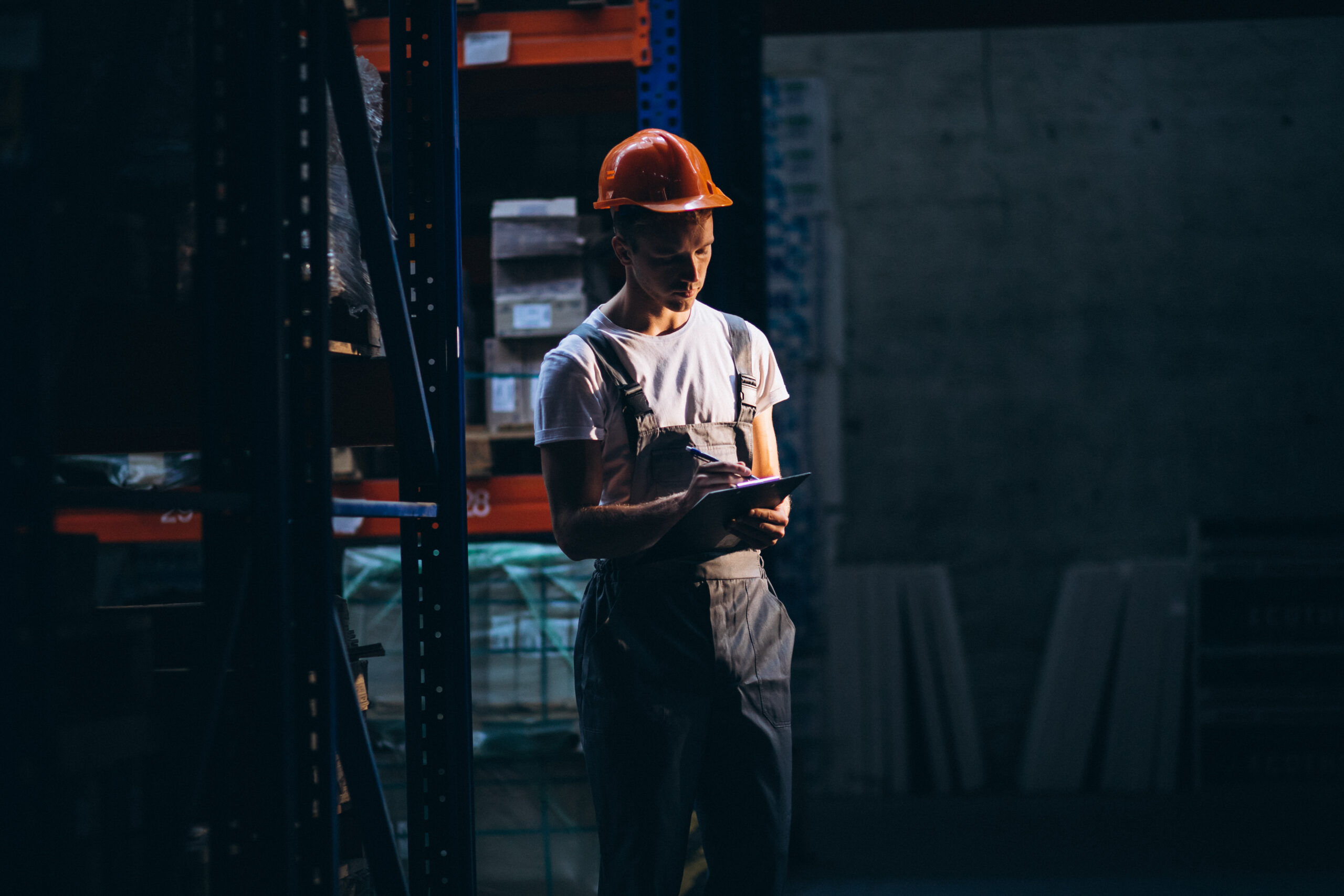International trade and logistics are vital components of the global economy, and the smooth operation of activities in this field is a cornerstone of global economic growth. Customs legislation in logistics is critically important for ensuring the fluid and efficient movement of goods across borders. Customs legislation affects both legal compliance and the speed of trade. Therefore, monitoring changes in customs legislation and quickly adapting to these changes help businesses avoid unnecessary delays and cost increases, thus providing them with a competitive advantage in the market.

Monitoring Changes in Customs Legislation in Logistics
Every day, hundreds of laws and regulations change worldwide, meaning that Customs Legislation in Logistics is constantly evolving. Continuously monitoring updates in customs legislation and adapting to these changes is crucial for the uninterrupted continuation of international logistics operations. This not only ensures legal compliance but also allows for the more efficient and effective management of logistics processes. Especially since changes are often complex and multifaceted, this process requires in-depth knowledge and expertise. Experts must undergo continuous training to understand changes in customs legislation and integrate this information into logistics processes.

Practical Implementation of Customs Legislation: Practical Insights
In practice, this is a detailed process that requires businesses to have up-to-date and accurate information about customs legislation. This is typically achieved through continuous training and updates. It enables logistics firms to offer faster services to their customers and reduces costs. Moreover, accurate knowledge of customs legislation helps prevent potential legal issues and penalties, which could be a significant financial burden and cause reputational damage for businesses.

Technology and New Solutions
Technological advancements are revolutionizing the monitoring and implementation. New technologies like artificial intelligence, machine learning, and blockchain can automate and accelerate the process of tracking changes in customs legislation. Additionally, these technologies can make customs processes more transparent, reliable, and fast, thereby increasing the efficiency of the entire logistics chain. This allows logistics firms to enhance customer satisfaction and reduce operational costs.
In conclusion, indispensable part of international trade, and monitoring changes in this area is a critical necessity for businesses. This process is crucial for ensuring legal compliance and increasing the efficiency of logistics operations. Technological advancements further facilitate this process, shaping the future of the logistics sector. Therefore, customs legislation will continue to be a fundamental element of the logistics industry.






